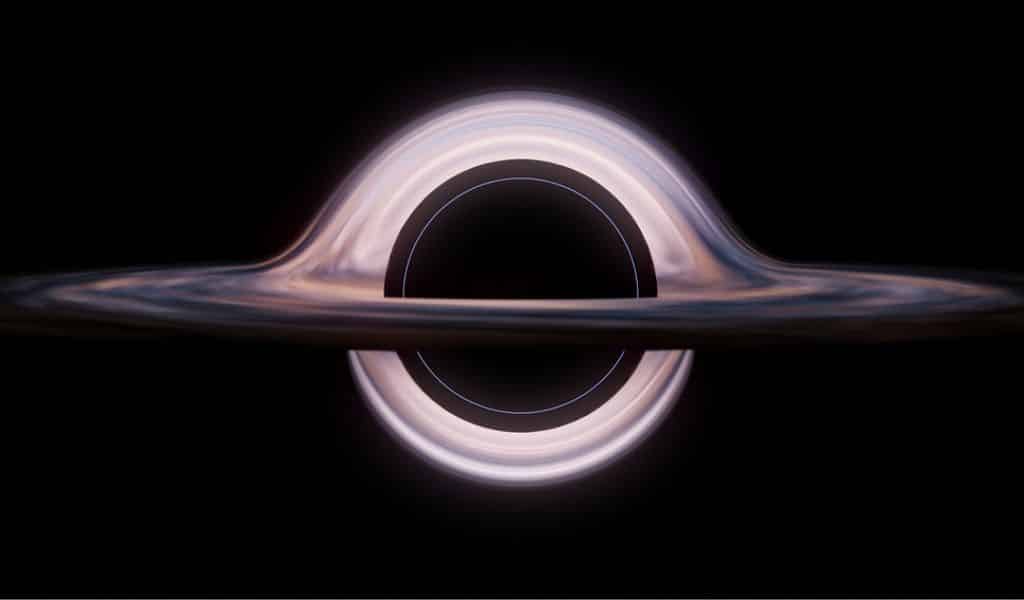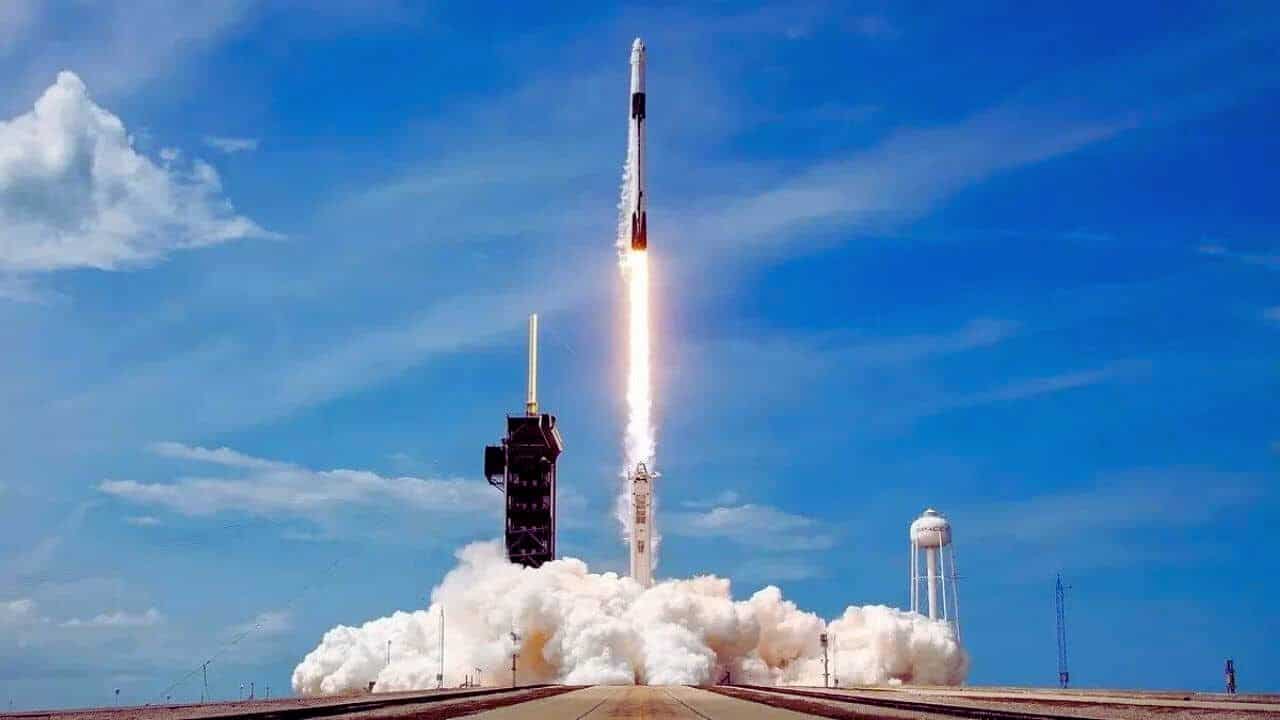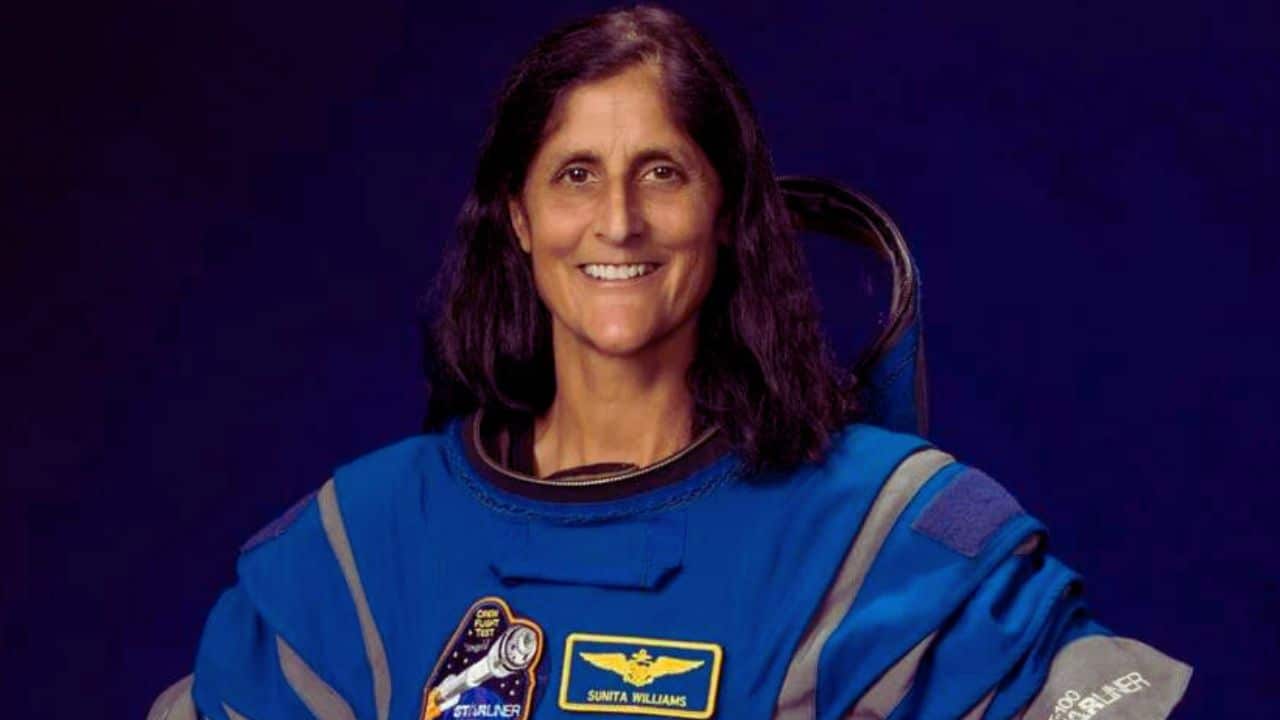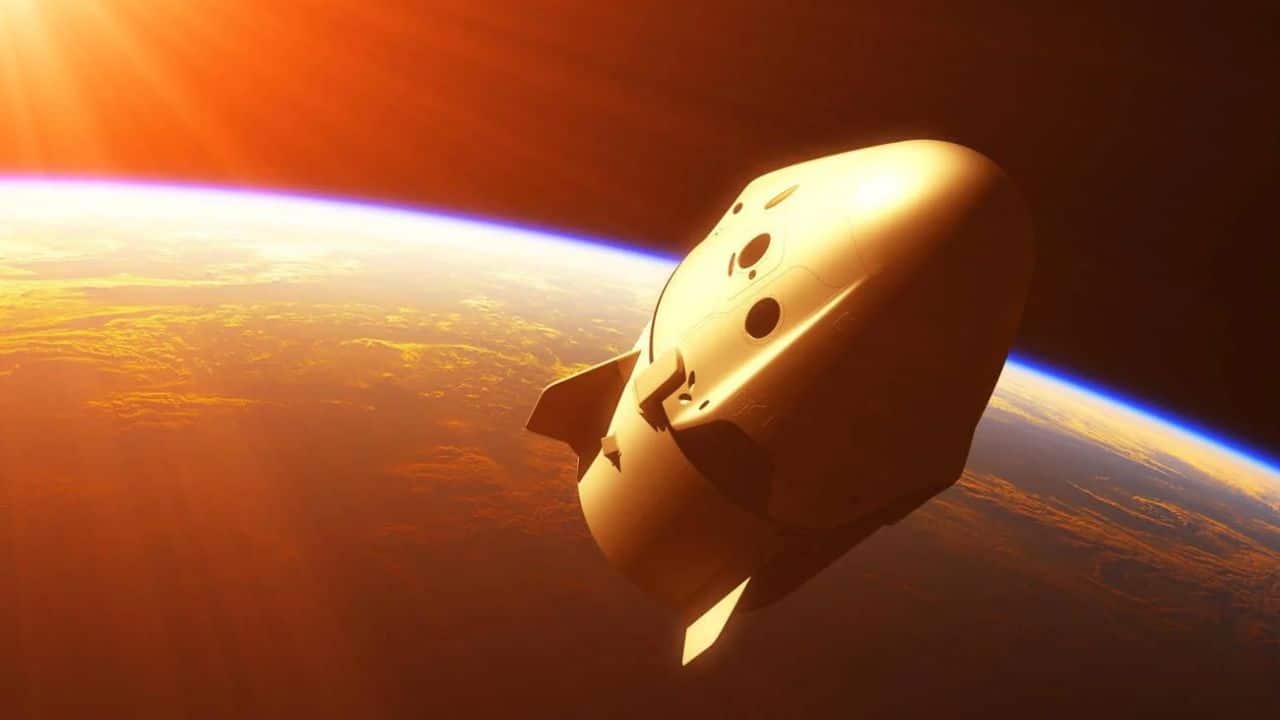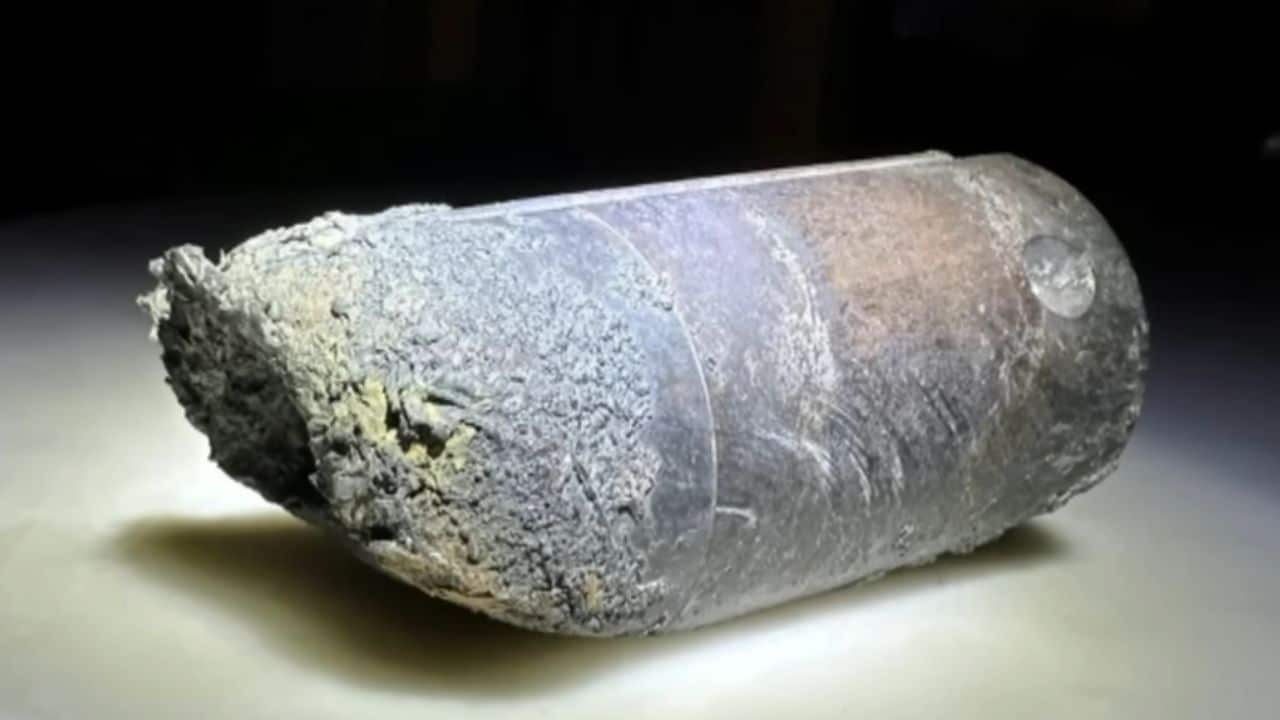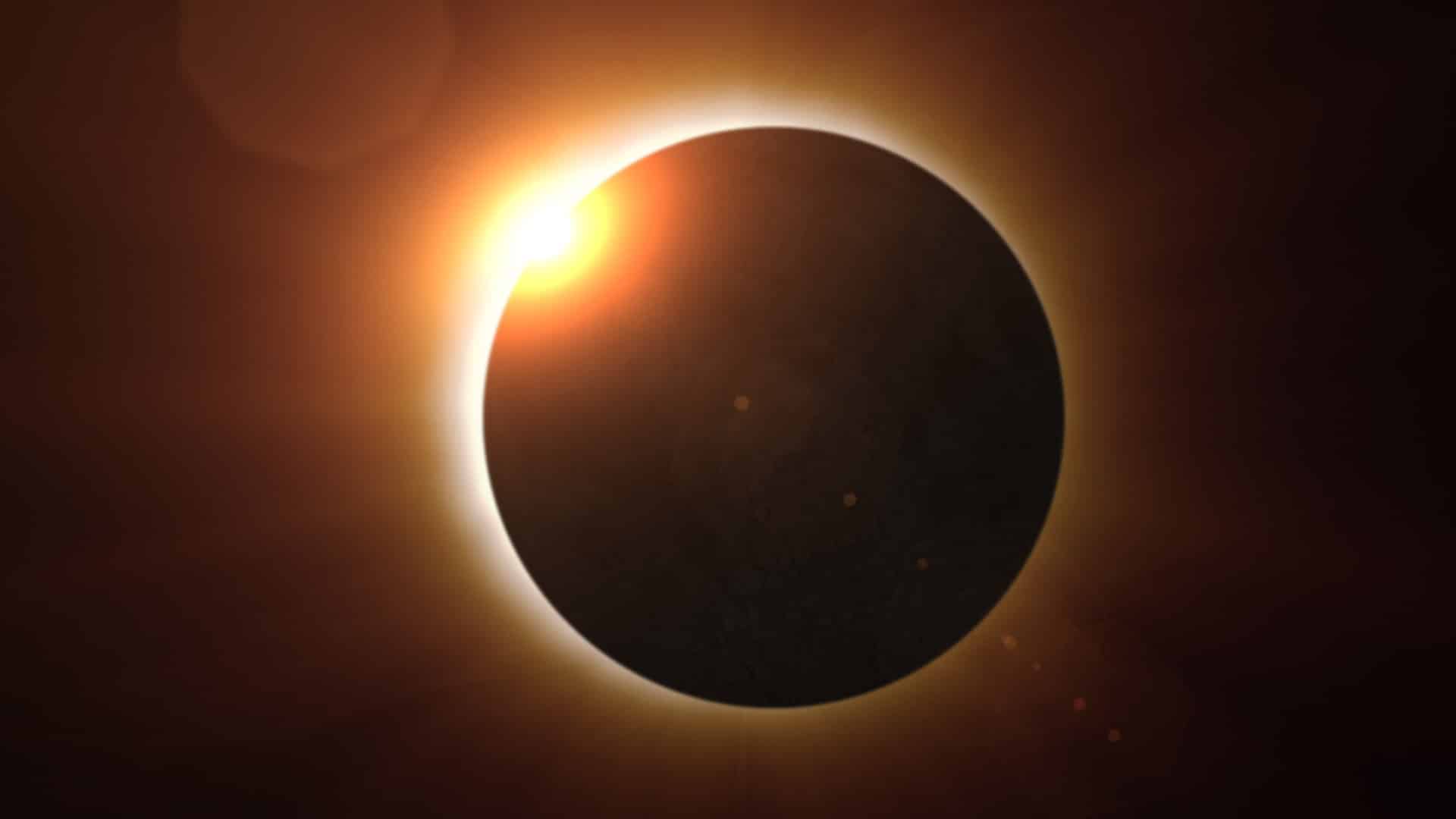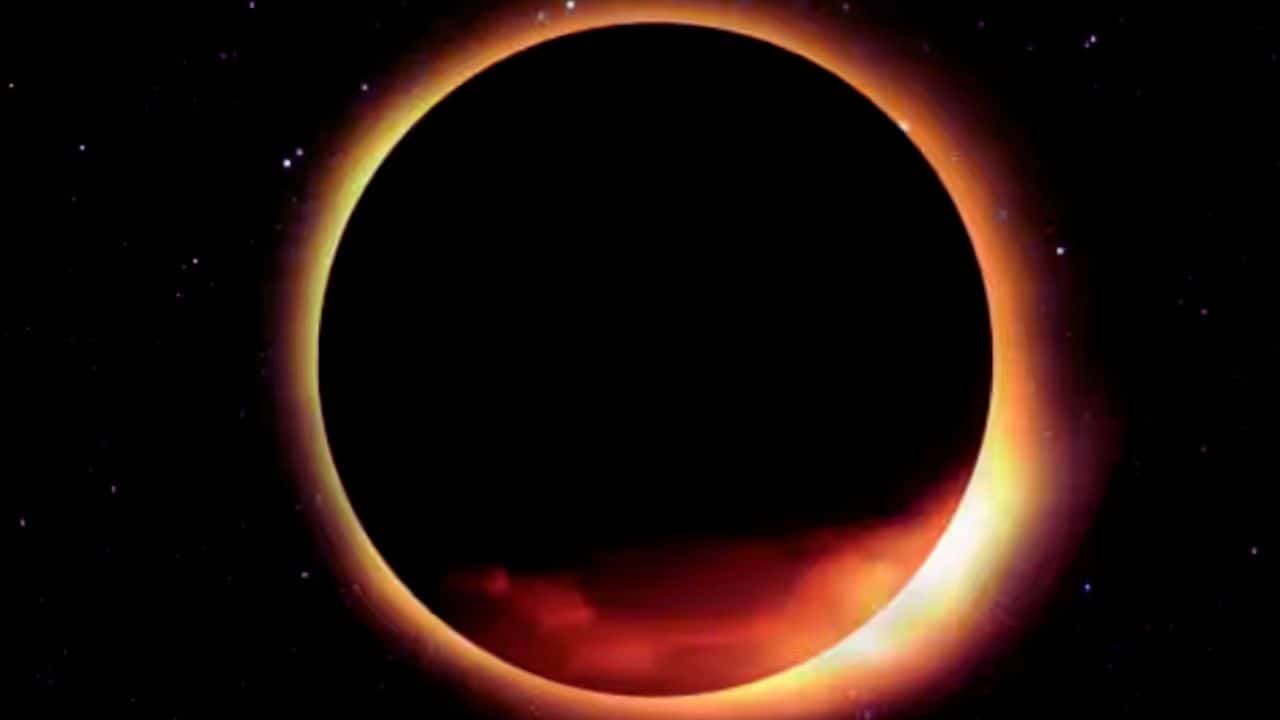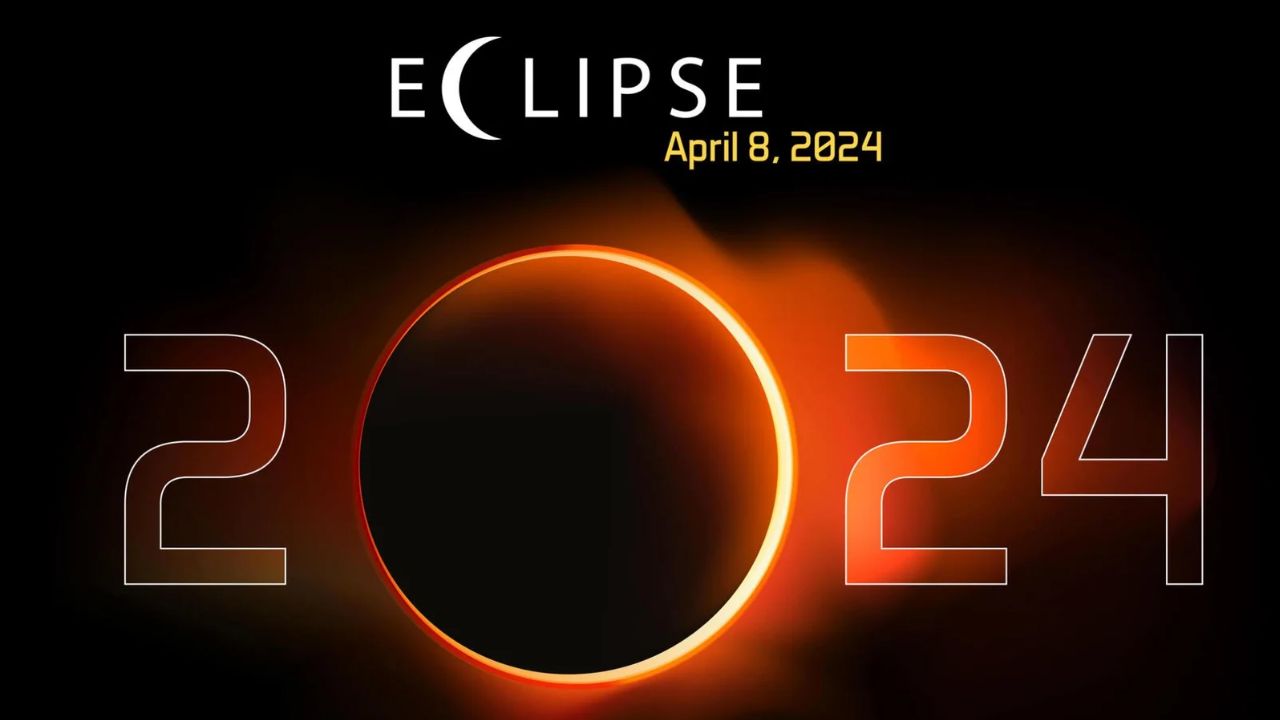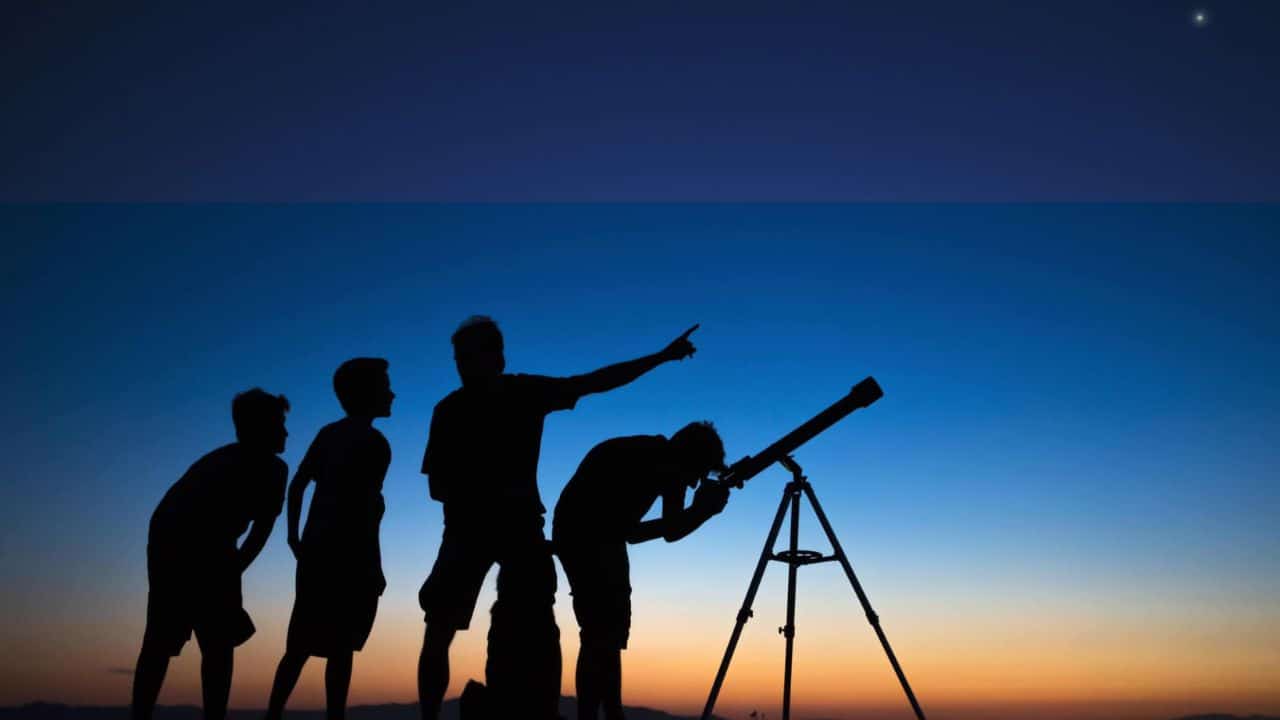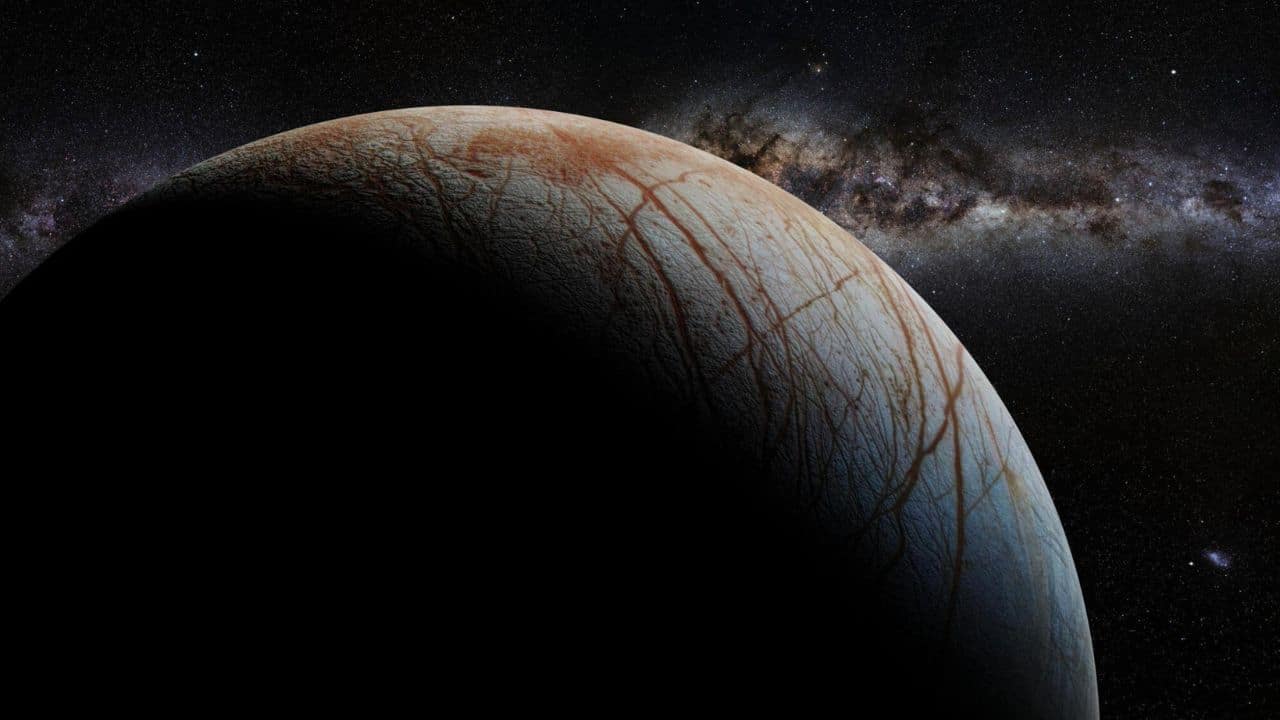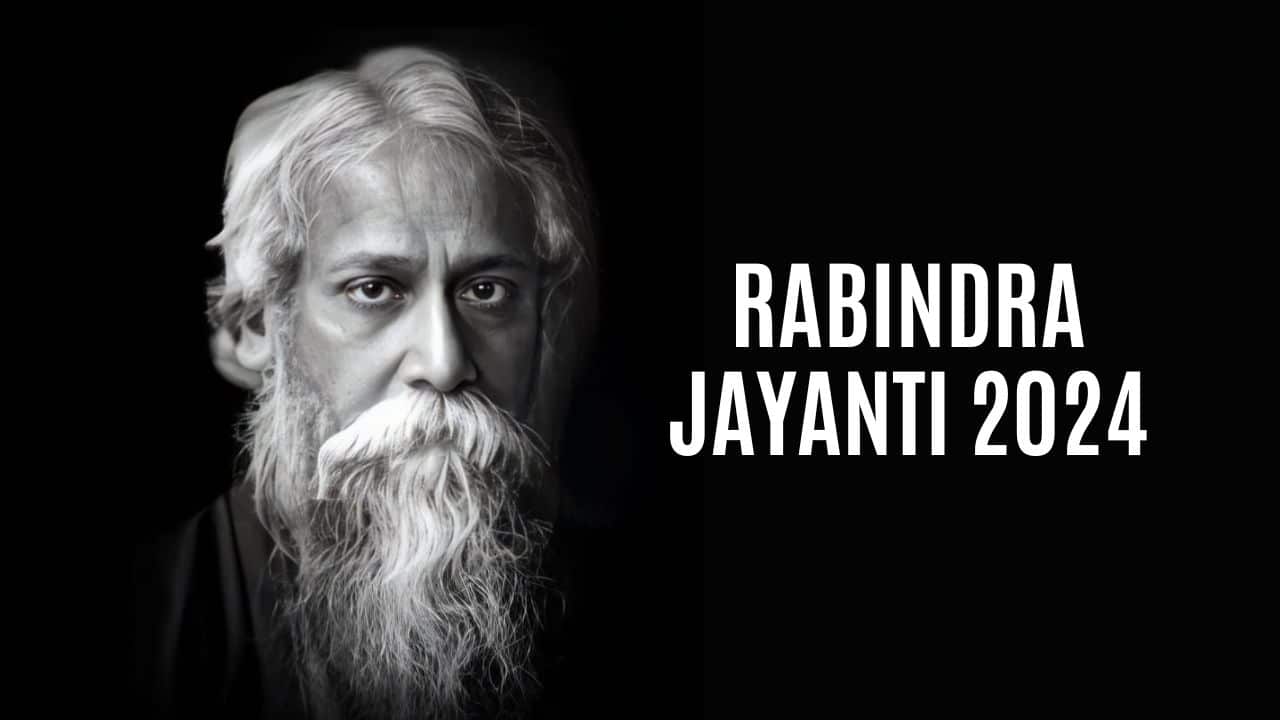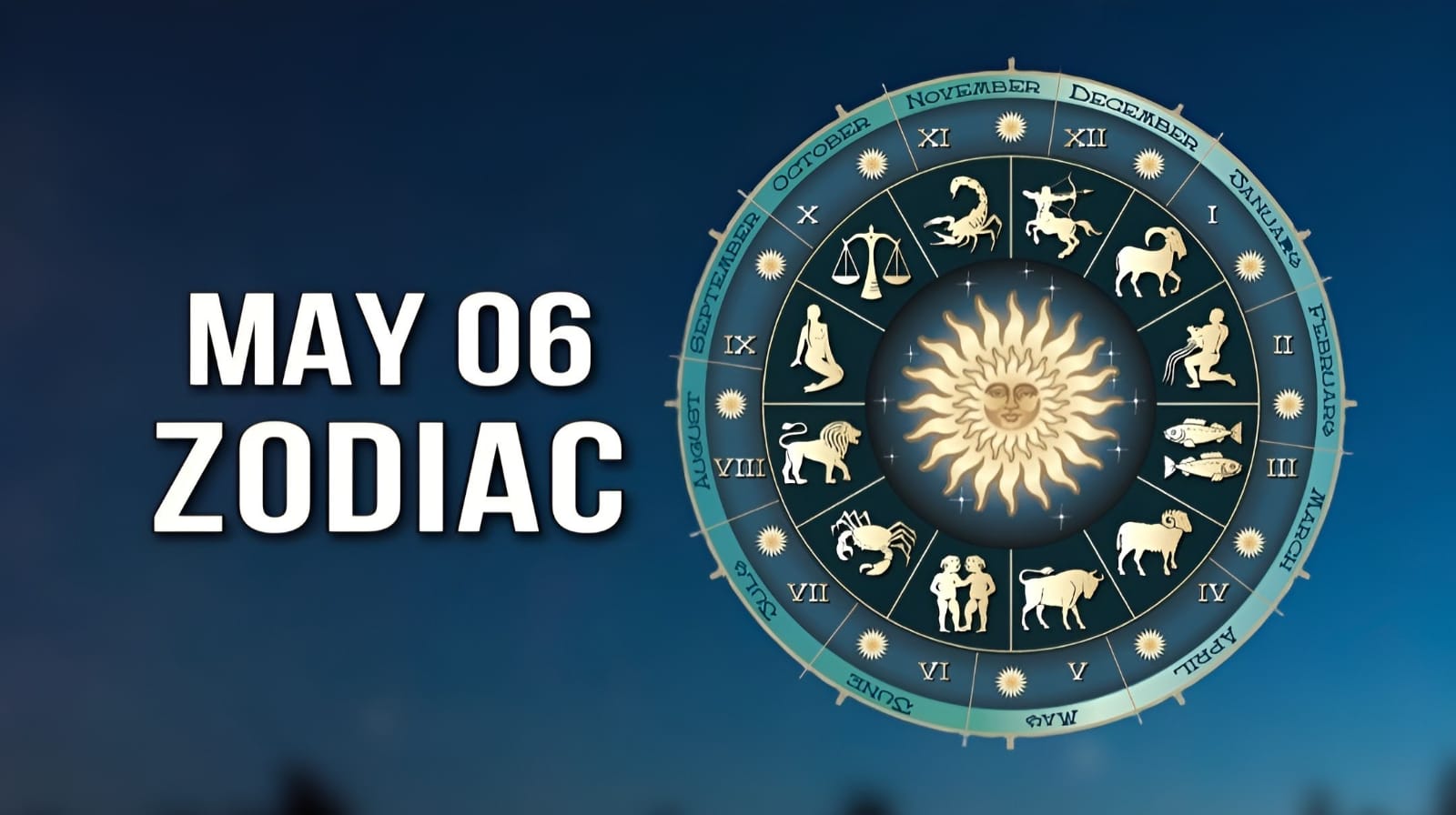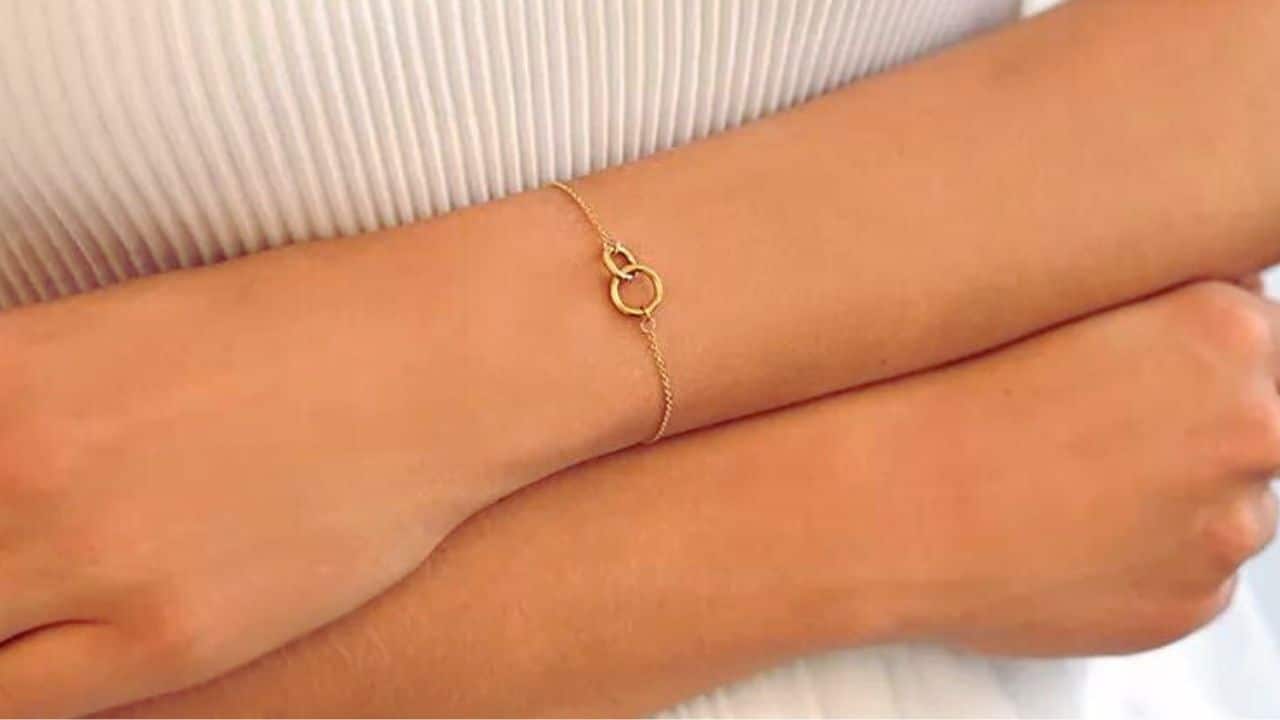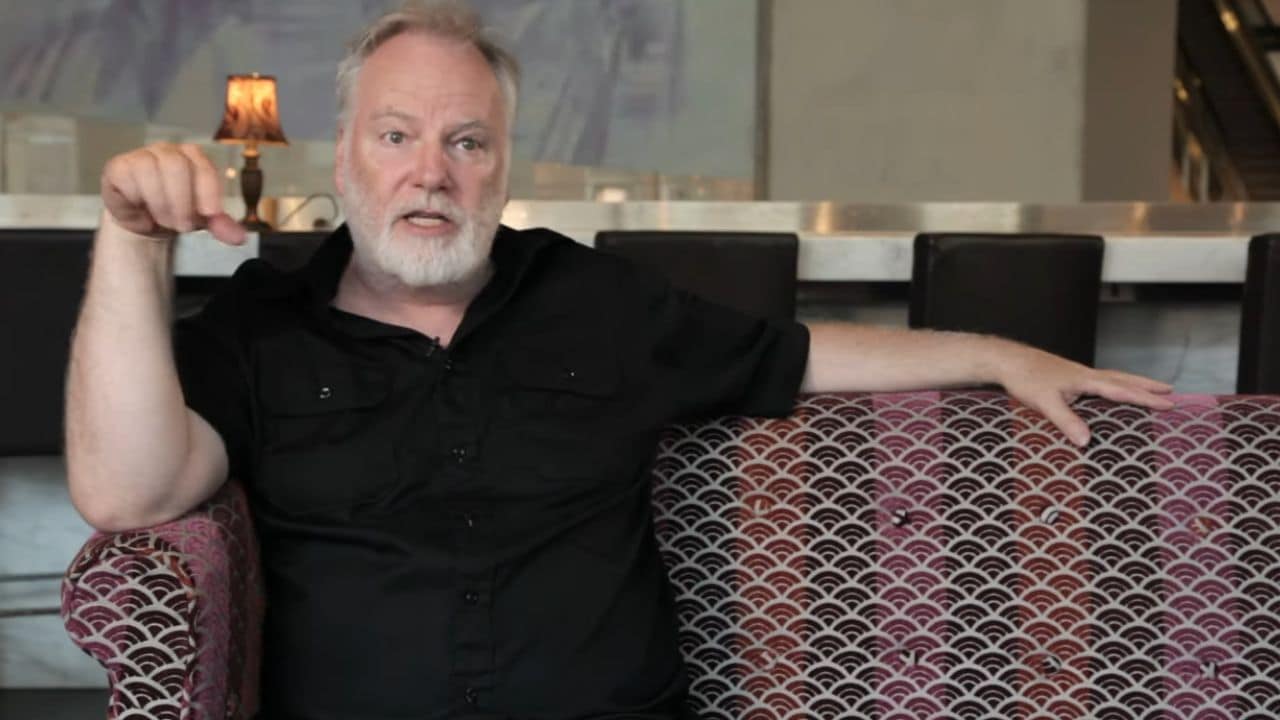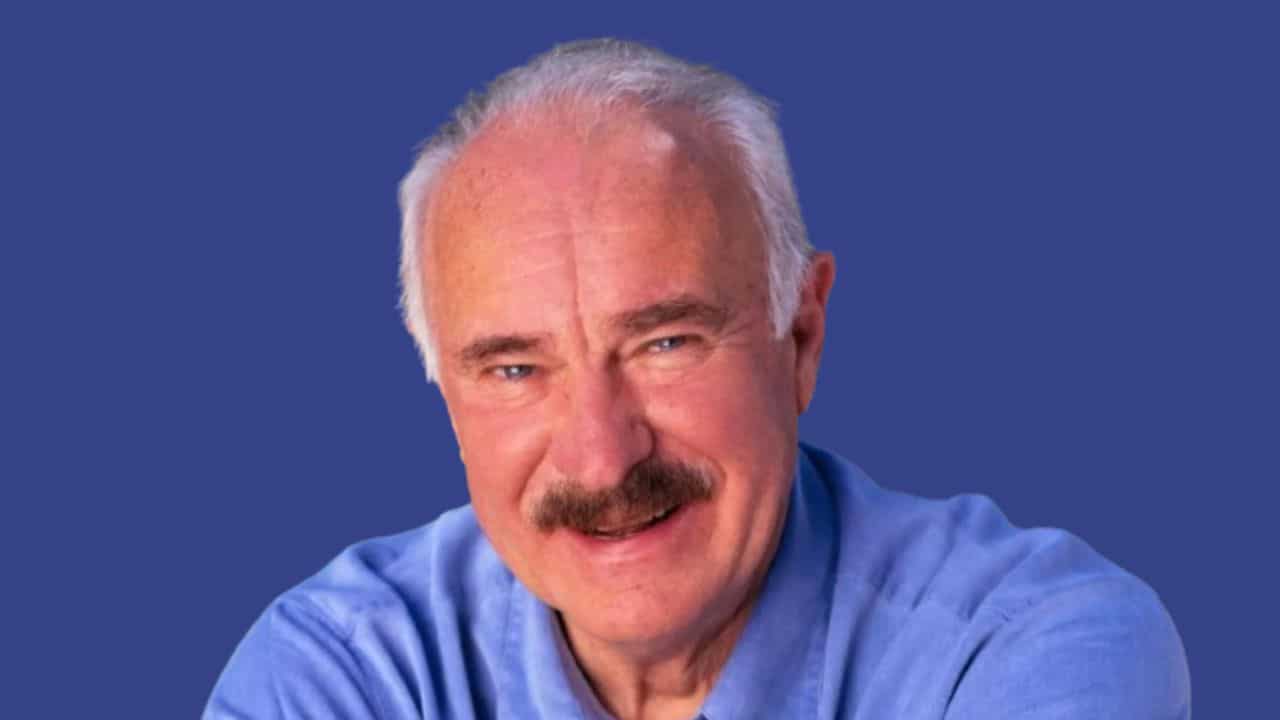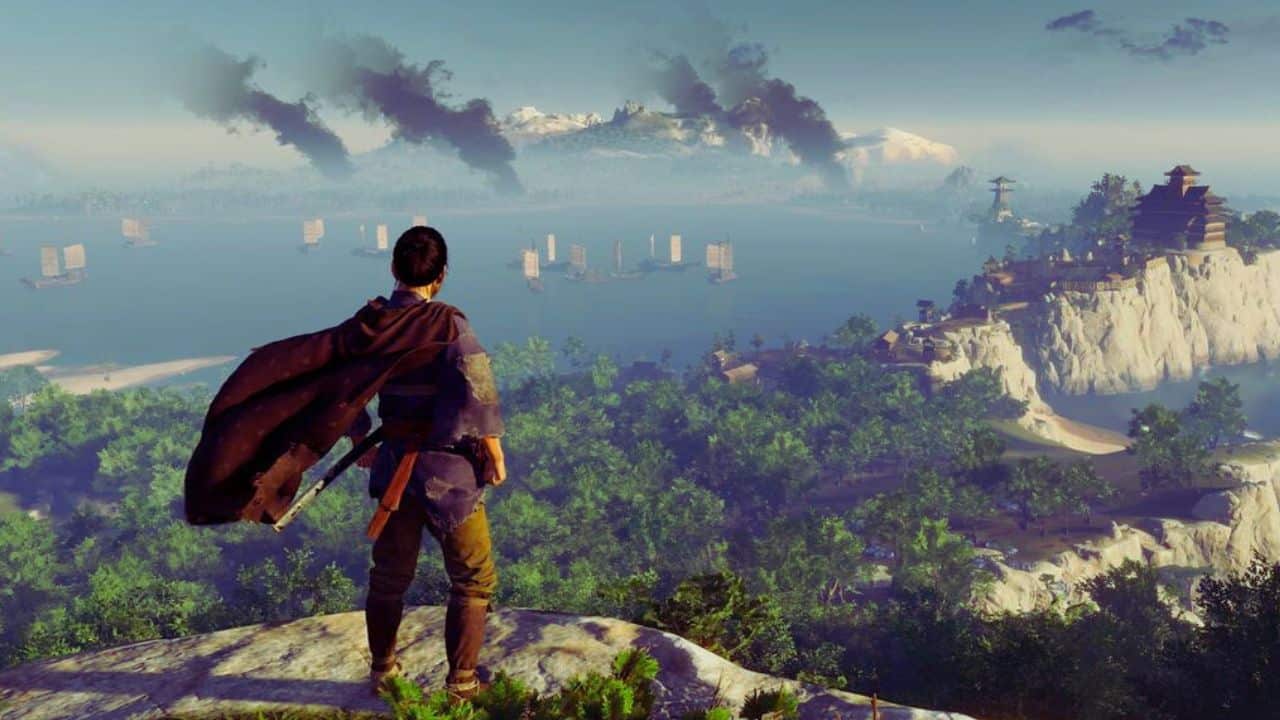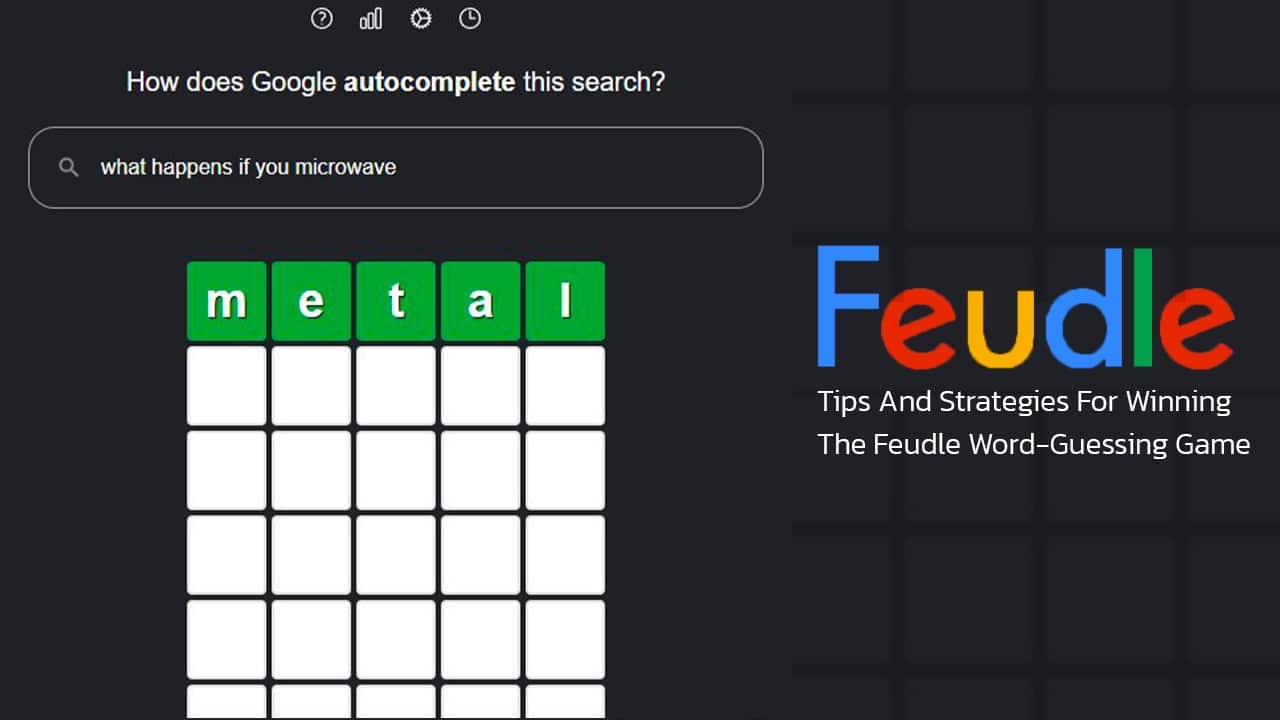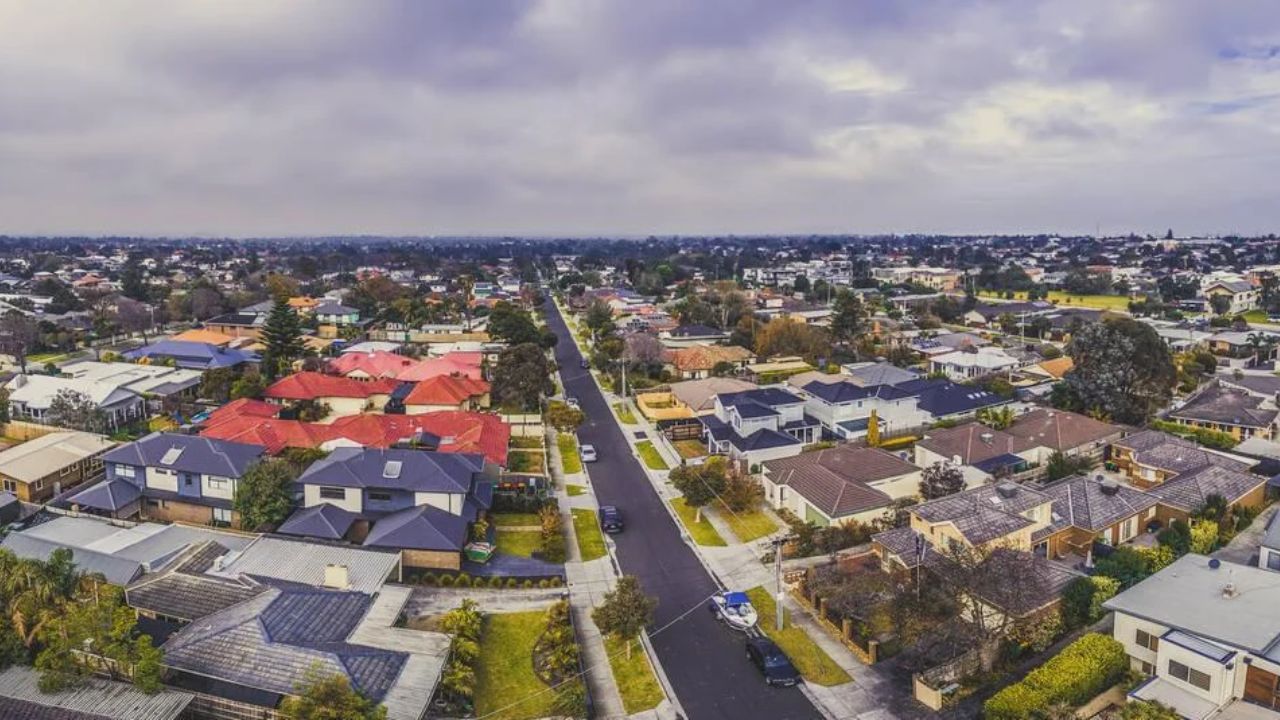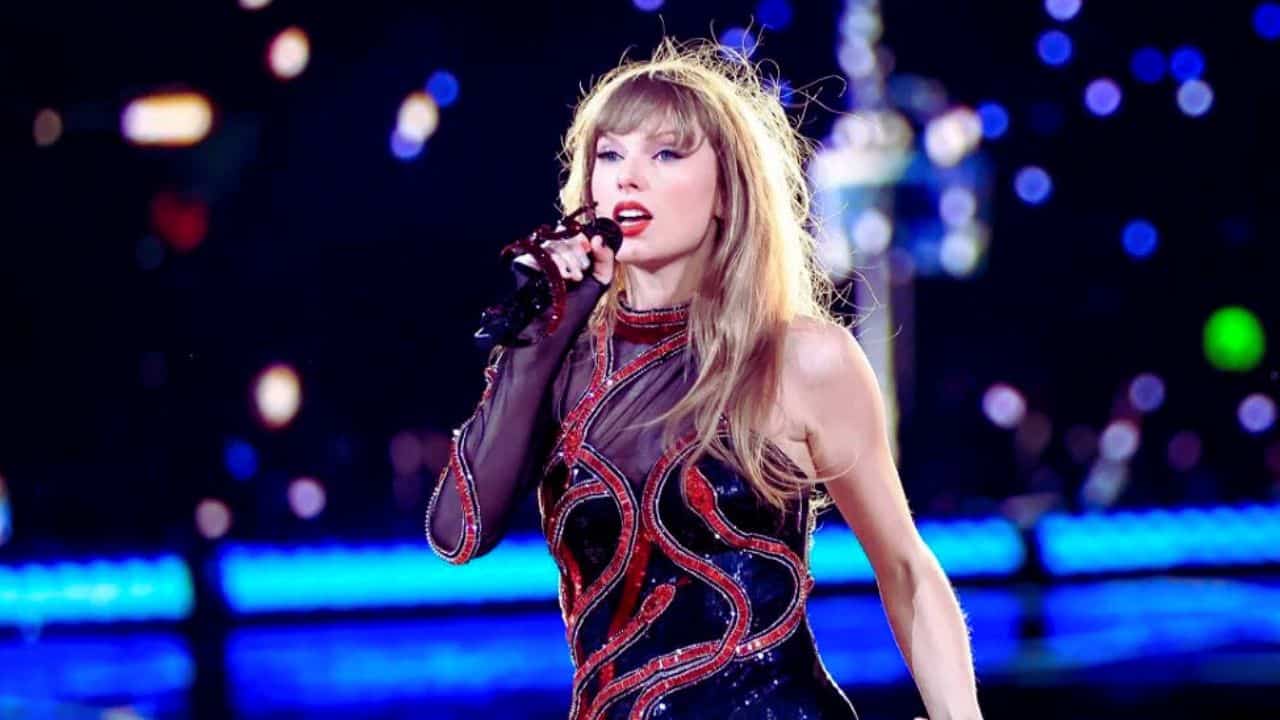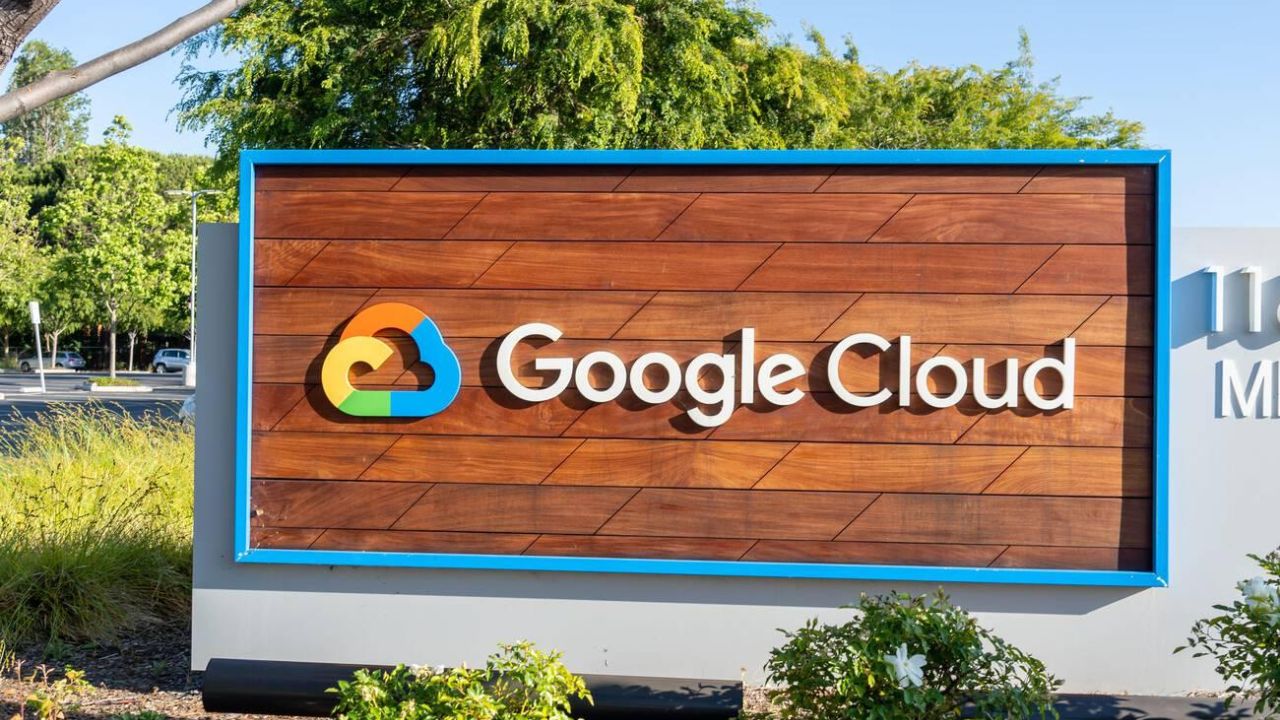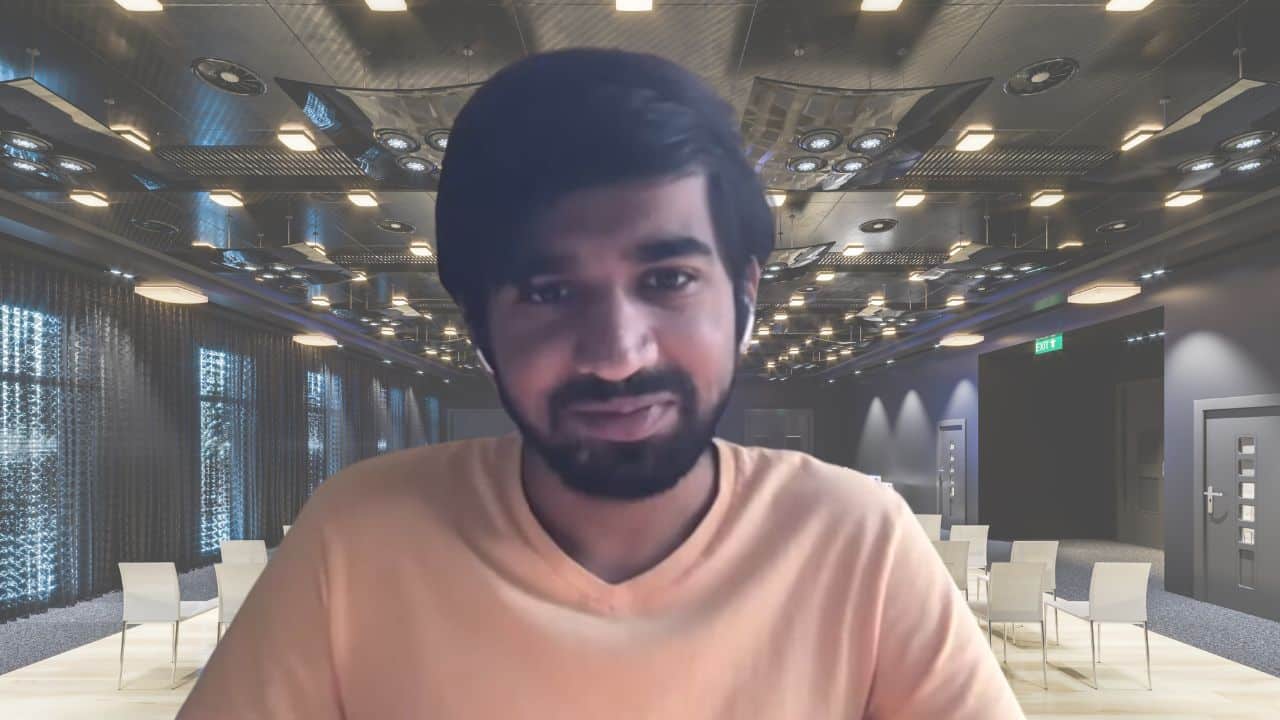When people on Earth look up into space, the Milky Way seems to be filled with billions of stars. But if we look even further out, could we find proof that we are in a place even more amazing, like a black hole?
Black holes are places in the world where the gravity is so strong that it warps time and space around them. Nothing, not even light, can get out of a black hole.
In one case, Earth could have been eaten by a black hole a long time ago. Gaurav Khanna, a black hole scientist at the University of Rhode Island, said that if this happened, the gravitational pull would be disastrous. Time would slow down as Earth got closer to the black hole. Matter could be stretched out into shapes like spaghetti, based on how big the black hole is. Khanna told Live Science that even if the planet made it through this “spaghettification,” it would end up in the dense and small singularity, where it would be burned by the pressure and temperature of an unimaginable gravity force.
Khanna said that we can rule out the idea that Earth was swallowed by a black hole at some point in its past because it would have been gone in a split second.
But there’s another way the Earth could have ended up in a black hole: it could have formed there.
“A black hole looks a lot like if the Big Bang happened backwards…. The math looks similar,” Khanna said. While a black hole collapses into a small, very dense point, the Big Bang happened when a point like that burst.
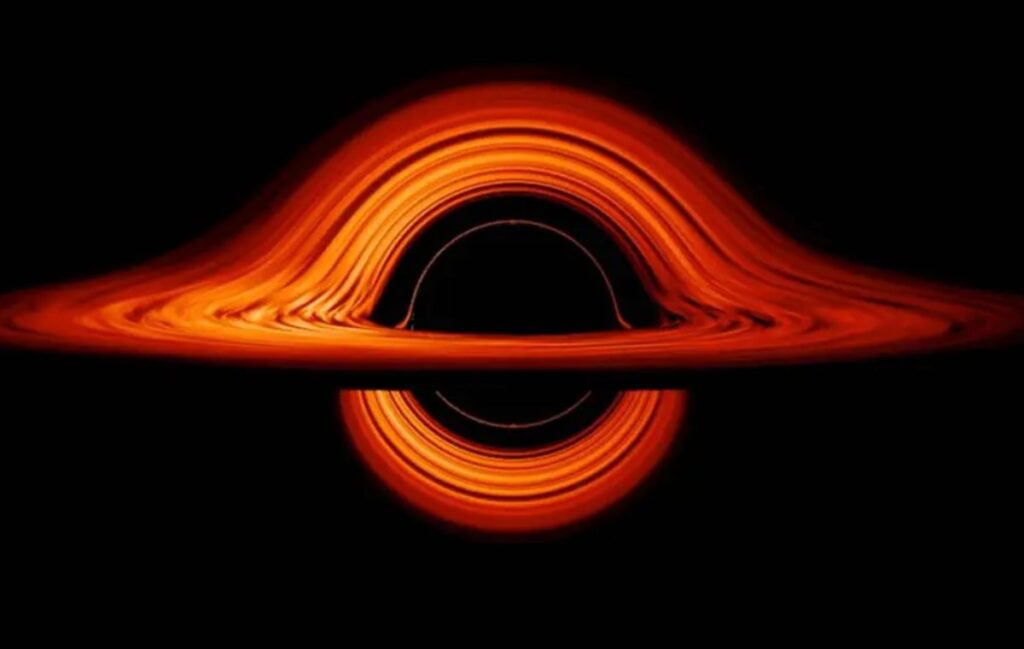
One theory says that the Big Bang started as the center of a black hole in a larger universe before it exploded. Khanna said that the dense center kept getting smaller and smaller until “it somehow blows up and a new universe is born inside the black hole.”
This idea, called Schwarzschild cosmology, says that our universe is growing inside a black hole that is part of a larger universe. In theory, this would mean that universes can live inside other universes, like Russian nesting dolls, and that going back through a black hole — which is probably impossible, since light can’t even do it — would open up new worlds.
This idea is unlikely to be proven, though, because nothing can go back across the event horizon of a black hole.
But if Earth is near a black hole, scientists have a good idea of how big the hole is. Scott Field, an associate professor of mathematics at the University of Massachusetts Dartmouth, said, “If we are in a black hole, it must be very big.” Earth is not stuck in a black hole the size of a planet or even as big as the solar system. Field told Live Science that if that were true, experts would have noticed. There would be signs that the black hole is moving that could be seen. Or, as people moved inside the black hole, we’d see the minor changes caused by the black hole’s strong gravity, such as slowing time and stretching matter.
According to Field, who studies gravitational modeling and simulation, including black hole collisions, people would experience the effects of these tidal forces, such as spaghettification and slowed time, as they moved from one location on Earth to another.
Because we can’t fly far enough away or quickly enough to notice the gravitational distortions, any black hole that Earth might possibly call home would have to be immense, universe-sized, and huge, Field said.
According to Khanna, people on Earth “would have no way of knowing there was another parent universe in existence” from within a black hole universe. We’d be unaware of it. Therefore, it would be difficult, to put it mildly, to discover our universal progenitor. Even so, he acknowledged that “it would be lovely” if this hypothesis were accurate.


